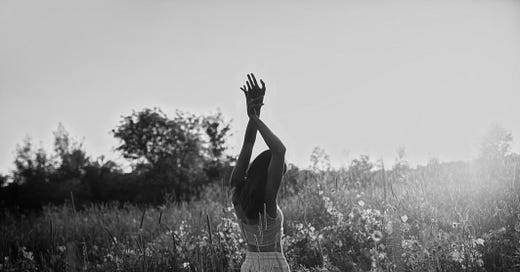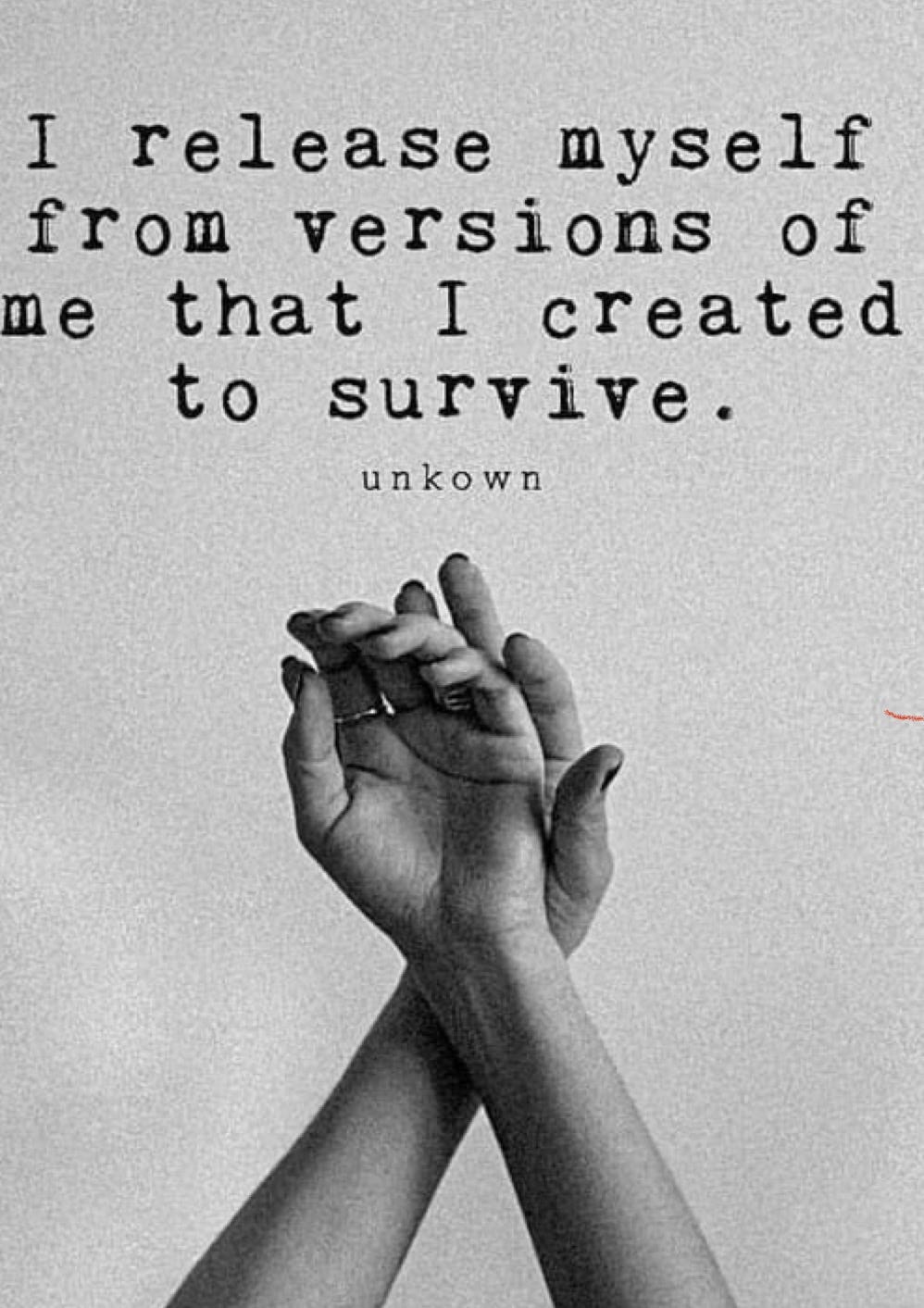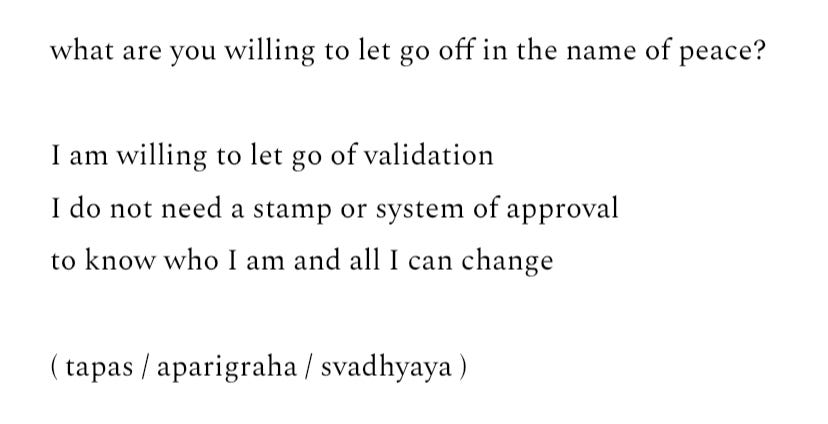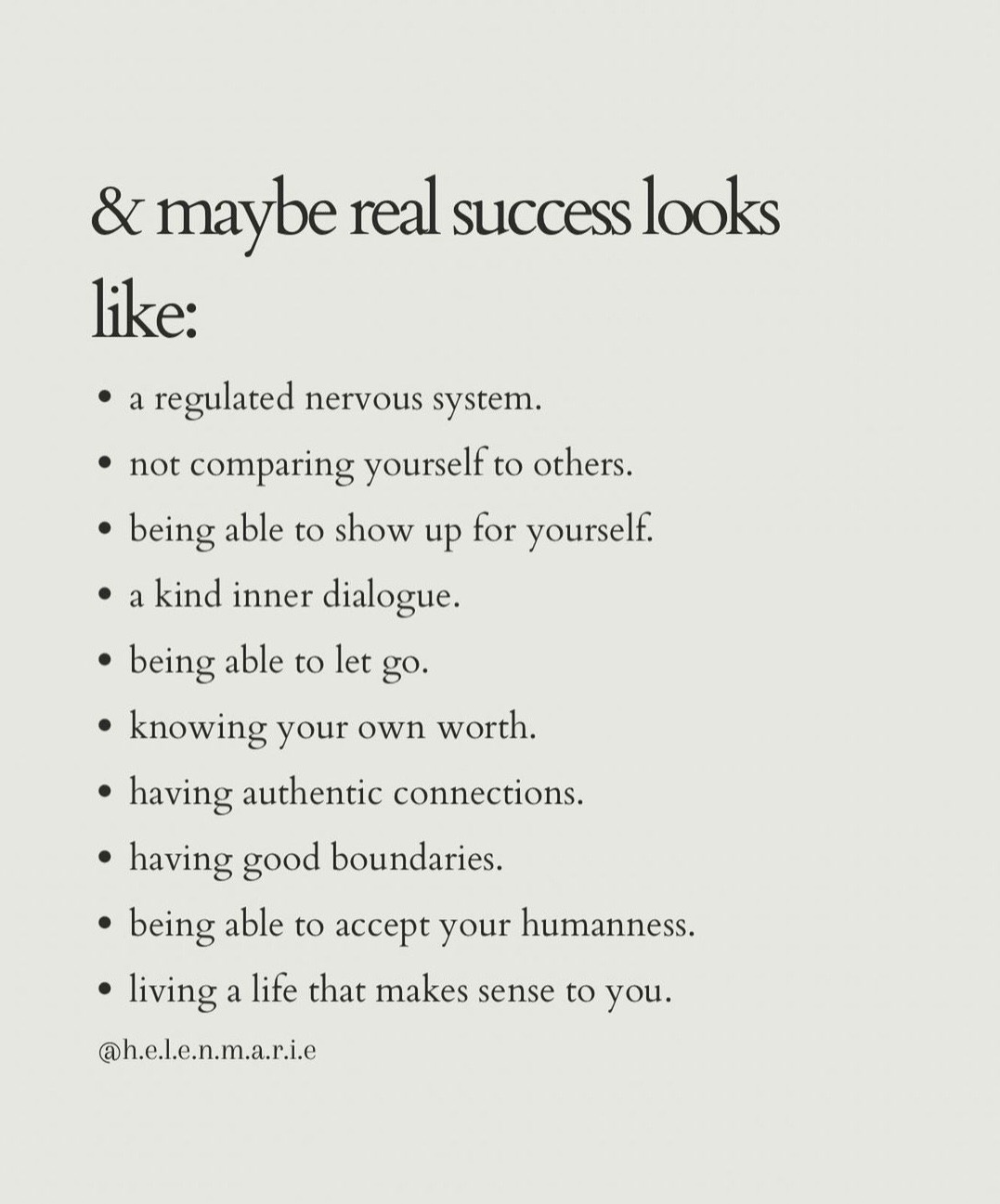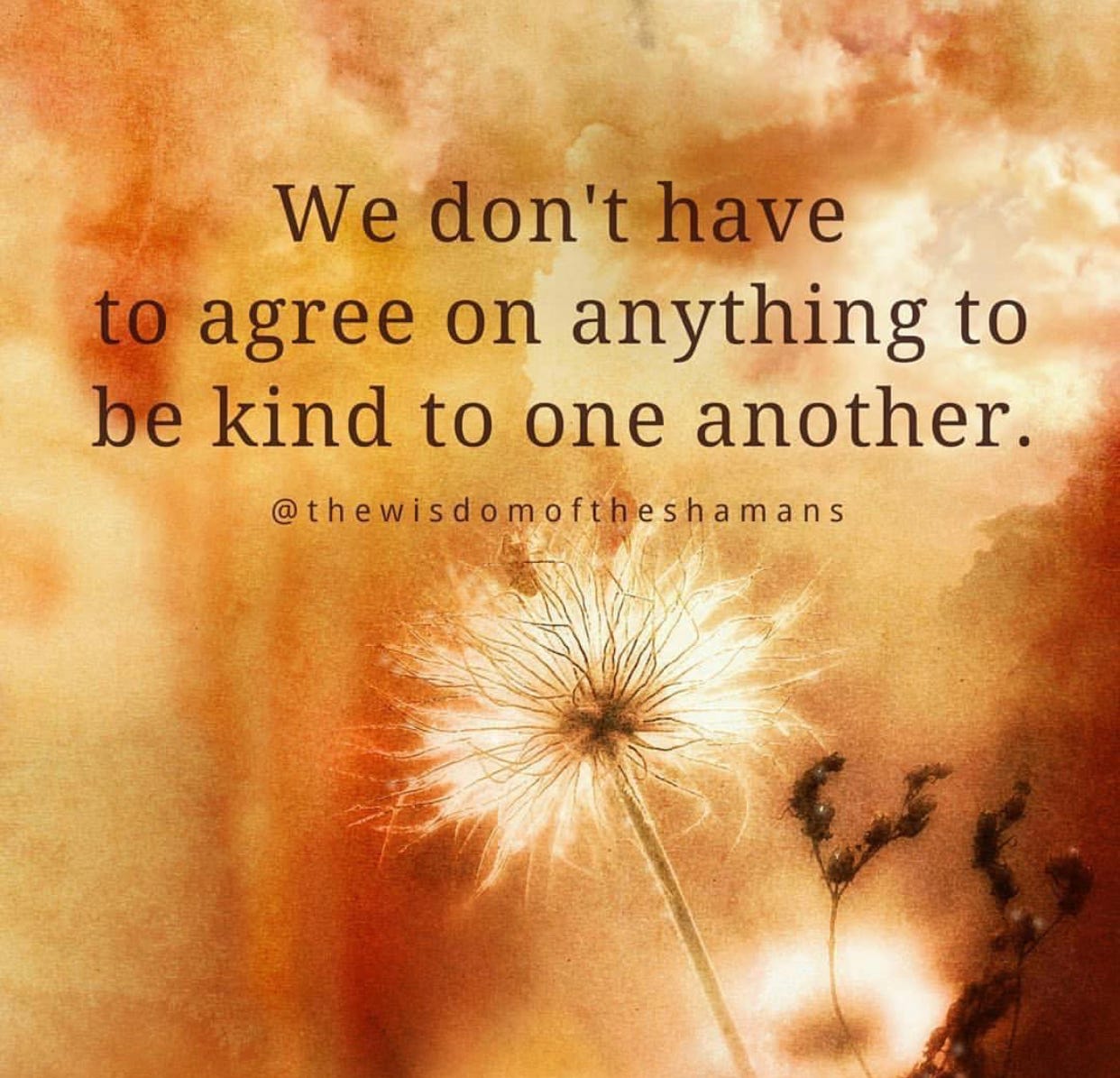what's your relationship with release?
how do you cling? how do you flow? and what does it mean to let it all go?
Happiest of Tuesdays, dear ones. I know the world continues to spin and chaos continues to consume, and yet in the midst of it all, I am reminded of the ways in which the world is always in a continual state of release. In the natural world, I get to witness the ways nature never needs to cling or even control, yet simply—and all so sacredly—allows the process of process itself to be, breathe, and flow.
Today, as I was sitting in the morning light, surrounded by the sounds of the birds' many songs and our pups grounding into the earth next to me, these thoughts came to mind. As always, please take what you want and leave what you don’t. And feel free to share any insights, epiphanies, skepticisms, and comments in the box below.
I welcome you into the question alongside me, and that is:
What is your relationship with release?
Does it find you with suffering?
Or does it fill you with ease?
Are you able to let go? Detach? Cease?
Or do you hold on? Grasp? Appease?
What oh what oh what is your relationship with release?
All too often, we are taught and tricked to hold on, to never let go, to never invite in change, and to settle for the same same same. And it can feel like being broken and torn into two—torn into something you want to resist, yet wants to know you—when we feel the invitation to release— when we feel the need to cease some cycle, repair some broken pattern, and become even more than what it is we are.
We are conditioned to chase and to control, when all that does for us is create dis-ease—to be fixated on an outcome, to push and push and push the square peg through the round hole with absolute damnation that you will get it to fit, to manipulate the thoughts, the terrain, the trickery of the brain and those beings around you and that are you—to stay in formation or else. To be rigid in redundancy at the cost of your own becoming—and the blossom that none will get to know, its bloom—is depressing, is dangerous in all its distracting, and denies us of our potential, our possibilities, and the pathways that welcome us in and want us well.
We are shown stagnation, and it is given the name of success. The man-made world around us models to us that to remain the same is to be complete, when in reality it only keeps us stuffed and saturated in suffering. It denies us of our dreams and all the ways our soul so very badly wants to break the molds. The molds none of us were made to fill—yet so much of this culture says you best, you better, and you will. No matter the price. Pay the cost. For if you don’t, they tell us we’re lost.
And what if we are?
And what if that isn't bad?
What if that is the very trajectory where we can be found and be open to more than we’ve had?
In yoga, one of the ethical practices that aligns us toward a life of liberation, justice, and joy is aparigraha. This is the very practice of letting go. To detach. To release the weight and worries, to let go of the scripts and stories, and open oneself into the enoughness we already are and the evolutionary work we have come here to do.
It invites us into our relationship with release—as well as all that is resistant to that salve. It welcomes in the effort without the fixation of a certain outcome, a certain experience, a certain way it has to be—yet makes space for what is, and what can become, thanks to that awareness and now. It, to me, is the poetry of letting each and every dead leaf drop, and the practice of allowing the next fruition to come when it is time. It has freed me, and I have found my absence of that freedom every time I cling.
Aparigraha asks:
Can we cut the cords that bind and blind us to ideals and identities of fixed and not free?
Can we break the cycles of generations and lifetimes behind us and be open to a new way of being—bigger than just you or me?
Can we let go of the notions we know and can forecast and see, and instead be open in heart and mind to a more aligned and Divine destiny?
Can we stop the control—as subtle and micro as it can be—and be open to the diversities, the seasons, the changes where love can actually lead?
Fear keeps us fixed and frozen.
Control has harmed us and kept us holding.
Love keeps us held and growing.
Sometimes, many times, all times—you have to release to begin to realize that there is so much more:
More joy, more ease, more pleasure, more peace.
And less—less disappointment, less struggle, less anger, less addiction—
waiting to be found, waiting to be felt, waiting for us to finally know who it is we are, and all that it is we can be.
So again,
What is your relationship with release?

